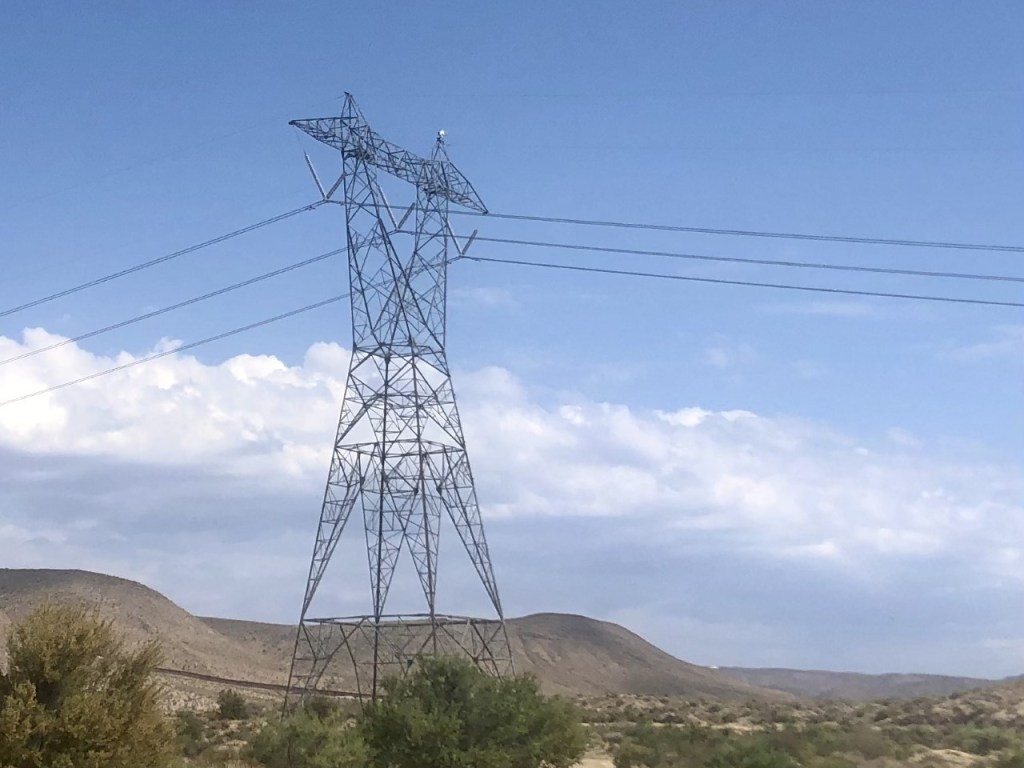

A state appeals court has upheld a local judge’s 2022 ruling dismissing a lawsuit that had challenged the city of San Diego’s multibillion-dollar franchise agreements with San Diego Gas & Electric on the grounds that they were negotiated in secret.
The Fourth District Court of Appeal opinion came on a split decision, with two of three appellate judges saying that plaintiff Kathryn Burton did not prove that the San Diego City Council violated the state’s open-meeting law when it approved the utility contract.
“In sum, Burton’s challenge to the trial court’s order granting summary judgment on the Brown Act cause of action lacks merit,” the ruling released this week states.
Judges Joan K. Irion and Terry B. O’Rourke affirmed the order from San Diego Superior Court Judge Eddie C. Sturgeon, who dismissed the case ahead of the scheduled trial on a legal technicality two years ago.
Sturgeon ruled in November 2022 — and the two appeals court judges agreed — that Burton violated legal procedures by not asking the City Council to reverse its decision before filing her lawsuit.
“Because Burton failed to make a demand to cure and correct as required by section 54960.1, the trial court properly granted the motion,” the appellate judges wrote in their majority opinion.
Judge William Dato disagreed.
In a formal six-page dissent, Dato said Burton should have been allowed to proceed to trial because the city was sent a cure demand before she sued — a letter from lawyer Maria Severson, who was then retained by Burton.
“Is the plaintiff required to send another duplicative letter before filing her lawsuit?” Dato asked. “Or does she substantially comply with the notice requirement by including an express reference to the existing and already-received letter in her mandate petition, indicating she is relying on that letter?”
The City Attorney’s Office said the lawsuit could have had a significant and adverse impact on city finances, potentially disrupting essential services.
“The challenge sought to undermine a carefully negotiated process, despite the substantial financial benefits the agreements provide to the city and its residents, as well as their role in ensuring affordable and reliable electric and gas services,” the city statement said.
Severson, a former deputy city attorney in law practice with former San Diego City Attorney Michael Aguirre, filed the case on Burton’s behalf after the City Council approved the franchise agreements on a 6-3 vote three years ago.
The complaint accused city officials of violating the Brown Act by holding a series of private meetings in the weeks before the public vote. The plaintiff also said the Superior Court wrongly allowed SDG&E to join the litigation.
Aguirre said Thursday that they planned to appeal the decision to the California Supreme Court, based in large part on some of the points cited in Dato’s dissent.
“We appreciate the court publishing its decision, making it more likely the Supreme Court will review their decision involving the public’s constitutional right to open meetings of their elected public servants in this $33 billion city franchise contract,” he said by email.
Franchise agreements are the deals municipalities reach with utilities that grant companies the right to provide water, power or other services to residents within their jurisdictions.
SDG&E signed a 50-year agreement with San Diego in 1970, a hugely lucrative contract that provided the company billions of dollars in profits over five decades. Since then, SDG&E’s rates have climbed to some of the highest in the nation.
Former Mayor Kevin Faulconer was unable to strike a new deal before leaving office in 2020, pushing the negotiation to then-incoming Mayor Todd Gloria.
In May 2021, Severson complained in writing to the City Council that members had participated in a “secret serial meeting” regarding ongoing negotiations for the SDG&E gas and electricity deals, the Fourth District opinion noted.
The “cure” letter cited a report in The San Diego Union-Tribune saying that Gloria “met with all nine members of the San Diego City Council in the past few days, looking to win their support” for two proposed agreements before the public hearing, the opinion added.
The petition asked the appeals court to reverse the Sturgeon decision dismissing the case for lack of compliance with the state rule requiring a cure letter, so that the merits of the complaint could be adjudicated.
On a pair of divided votes, the council agreed in June 2021 to accept $80 million from SDG&E to deliver electricity and gas to San Diego for two decades, including an automatic renewal after the first 10 years.
The utility also agreed to pay $20 million toward the city’s climate goals and $10 million for other programs, such as increasing access to solar power and providing rebates to customers who live in historically underserved communities.
Critics and council members on the losing end of the vote wanted much more money, based on how the utility was expected to collect tens of billions of dollars from the two franchise agreements over the 20-year life of the contracts.
They also wanted a more robust and competitive bidding process and a much shorter term, citing the pace of emerging technology and national and international climate goals.






